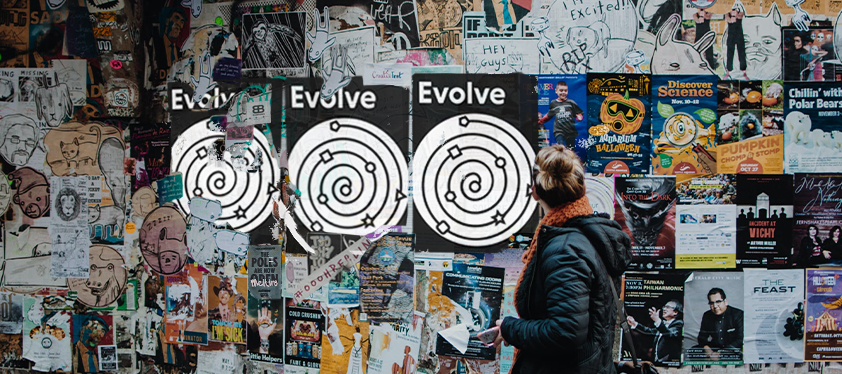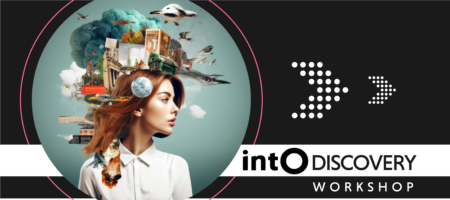Developing new products and services has always been a daunting endeavour. As many of our clients have a global impact and footprint, we understand that there are lots of challenges that need to be dealt with effectively.
Challenges anticipated: Do you recognise these pain points?
If you’ve worked on any new product or service development programme, have you come across any of these pain points?
- Resourcing challenges:
- Lack of sufficient time and budget to research multiple markets
- Lack of capabilities to test with customers from key international markets
- Ways of working challenges:
- Lack of orchestration between each region in the global market
- Managing the deadline and time window across different time zones
- Low quality of outputs from agency partners on the ground in other regions
- Planning challenges:
- Lack of contingency planning for unforeseen events
- Lack of effective research methodologies
- Miss the product-market fit
Many of the above challenges are magnified as the business environment becomes wider.
Effectiveness accelerated: The most important capabilities we can deliver for your programme
The way intO’s business is structured enables nimble research orchestration across any region/s in the world (and often across multiple markets in parallel to one another).
- We offer cultural and language support to our clients who want to use early concepts to understand local consumers’ attitudes and behaviours
- We support iteration rigour in collaboration with our clients’ design, marketing and development teams who want to accelerate their sprints to MVP (Minimum Viable Product)
Our multi-disciplinary and multilingual team has been recognised for its dedication and craftsmanship throughout the research process, from specialist user recruitments, complex UX testing moderations, to multi-market global analysis and comparison.
Rigour in iteration: How is EVOLVE research executed throughout the innovation programme?
As researchers and designers who work across lots of innovation developments, we at intO recognise the key challenges in the iterative development process. Concepts, prototypes and propositions need to be tested, developed and validated fast – and at many points during their creative journeys if the best possible end solution will be reached for the end user. This is why we built a special research offer, called EVOLVE, specifically for people like you, who do not shy away from the cascade of pain points during innovation. 
The early phase of EVOLVE: What are the key insights and evidence that a business needs for the early phase of new product and service development?
In the early phase of EVOLVE, we believe that good discovery research is essential to set the foundation for creative exploration. This means using a discovery type of research to understand and align the business interests with customer interests. For many businesses in this early phase of new product development, it is critical to have clarity on the business targets. Conducting research both internally and externally is important to understand the needs of the business, as well as the current state of the customers’ user experiences. Here, we highlight some of the key deliverables that are worth considering if you are at the very early phase of your new product development programme.
- The business case: growth opportunities, market gap, KPI and goals
- User case: customer journey, customer persona, attitudes & behaviours (e.g. job-to-be-done, pain points)
- Competition: benchmarking, brand positioning, etc
The mid phase of EVOLVE: How does research play a role in turning your early ideas into solid MVPs?
In the mid phase of EVOLVE, we argue that it is vital to plan for iterative testing throughout the design & build circles. This means:
- Use co-creative research. From business cases to ideas, we suggest ideating and co-creating with extreme users (e.g. power users, first adopters, people with accessibility needs, etc.) to identify several creative directions. In the past, we’ve designed creative exercises that ask power users to come up with their ideas, and more specifically, the thinking behind those creative directions
- Test 10-20 early creative directions. In the mid phase, it is crucial to prioritise what is important (AKA must-have) to the customers and business and what is ‘nice-to-have’. This is what we are really good at. Most of our team members are professional designers by training and some teach at leading design universities. The prioritisation of the creative direction and features is very important in order to select and plan which elements should be funnelled into MVP development. Many of our past projects involve this early concept, in-context and in-detail testing, ranging from physical packaging and industrial design, to digital service concepts
We believe that a high quality of recruitment on a global scale, and the intrinsic skills of prioritisation in the creative process, are two core capabilities that ensure the success of this mid phase. Validating early business hypotheses with real world users will always provide clarity on the problem-solution fit. As a result, the customer view and business view can be aligned and incorporated into the product definition, giving clarity on which features are worth pursuing to achieve the most important outcomes.
The later phases of EVOLVE: Where do we see usability testing fit for MVP development?
In the later phases of EVOLVE, the hand-in-hand collaboration between design, testing and build is very important. To support this MVP development process, we believe that it is important to integrate the usability testing into the iterative cycles with the design & build function. This means:
- Integrate testing into sprint cycles. We work together with our clients to calculate and plan an efficient timeline that can allow prototypes to be tested and fed back to the design & development sprints
- Provide fast turnaround usability feedback. Instead of producing big, in-depth reports, it’s sometimes more efficient and effective to deliver research findings to our client’s design & development teams during daily/weekly updates that include live read-outs and Q&A sessions. In the past, this has allowed clients to work on the internal project in parallel to the implementation of the research, modifying design details (from graphics to words, shapes to interactions), testing features and adapting the research accordingly
- Understand the real impact after launch. After releasing the first version to the market, it is best practice to quickly gain understanding as to how the products or services are actually used and perceived by customers. In this phase, it’s important to collect and review market and user feedback. This is key for those clients who wish to pilot in one market and later launch into several other markets with the benefit of what they have learnt. Working in this way provides a great deal of clarity when it comes to go-to-market strategies. Here, we begin to touch upon intO’s MAINTAIN research offer, which we’ll be presenting in more detail next month
Conclusion: Inform your creative decision-making through iterative testing
When research is done in the right way, the insights it generates become a stepping stone for decision-making, rather than just a report that sits on a shelf and gathers dust. At intO, our EVOLVE offer supports the progression of new business ideas, ventures, products, services, brand positionings and the messages they will communicate. This area of our work is focused on those concepts, prototypes and propositions that are part of an iterative development process. They need to be tested, developed and validated at many points during their creative journeys if the best possible end solution will be reached for the end user.
To learn more about what our EVOLVE offer delivers, how it works and who it’s designed for, please read our article, Introducing intO’s EVOLVE offer.
If you’d like to talk about how intO’s EVOLVE research could support your brand, business or department, please email Jonny Jiang at [email protected]
 Jonny is the Business Director at intO. With a background in service design, he has developed his craft and expertise in design research for innovation and business transformation, and is passionate about delivering transformative effects for clients and their customers. His work features a combination of holistic user-experiences and competitive advantages to shape business innovation.
Jonny is the Business Director at intO. With a background in service design, he has developed his craft and expertise in design research for innovation and business transformation, and is passionate about delivering transformative effects for clients and their customers. His work features a combination of holistic user-experiences and competitive advantages to shape business innovation.
Posted on October 15th, 2021
Brand Strategy Publications Innovation Research




